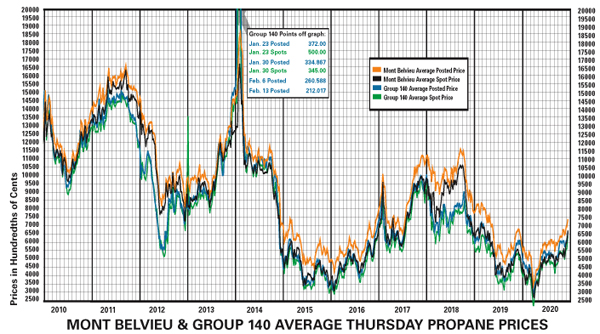Tuesday, December 22, 2020
Offen Petroleum (Commerce City, Colo.) announced Dec. 15 that it has acquired the business assets of Ozark Mountain Energy, a motor fuel distributor, and Petroleum Express, its affiliate trucking company, both based in Mt. Vernon, Mo. Offen is a provider of motor fuel, lubricants, and petroleum logistics services in Colorado and 15 surrounding states. The acquisition further expands Offen's footprint into the Mid-Continent and Midwestern states.


